 One of the most vital decisions is family business financing succession. It’s also a point of contention for those who feel undervalued. Family business succession planning prevents surprises from happening, especially when changing hands. Whether they cash out or take over, everyone needs to be informed.
One of the most vital decisions is family business financing succession. It’s also a point of contention for those who feel undervalued. Family business succession planning prevents surprises from happening, especially when changing hands. Whether they cash out or take over, everyone needs to be informed.
It often takes a continuity planning service to ensure everyone gets a fair share. Otherwise, family governance can create more problems than it solves. Positively People excels at offering family business consulting that your brand can trust. In this blog, we review some common situations where succession can turn sour.
Acquisition or Startup?
When discussing family business succession, there’s always a split decision. Do they acquire the brand, or do they start over? Beyond the emotional implications, there are financing decisions at play. The successor will either use cash or take on some form of debt.
Shareholders should ask whether the stock in the company is private or public. Acquiring the family brand is expensive, but so is starting from scratch. Determining if the firm can finance the purchase is another conversation. Contact our family business advisory team to weigh your options.
Sell the Equipment Back
Handing the company over isn’t as simple as giving the successors the keys. How assets are categorized can impact the purchase price of the brand. The incoming owner could face tax implications without proper planning. Gifting assets may happen over several years to avoid unnecessary fines and fees.
It may also be cheaper and faster to sell the equipment back. You could also steeply discount the machinery to avoid large gifting amounts. You may find this option ideal for both the lender and lessee. Successors can raise cash, and you can legally leave everything to them.
Consider Equity Stakes
Companies valued higher require third parties, such as venture capitalists or private equity firms. These deals often have more contractual obligations with several entities involved. Those who don’t read the terms closely can complicate the relationship. Outside investors should have shorter returns and smaller amounts to avoid long-term partnerships.
Democratically, this third party could include non-family employees to maintain the brand’s direction. Scaling at this stage also becomes increasingly important to cut costs. There are many ways to draw these agreements, making it vital to include our advisors. You want to make sure everyone is getting their fair share in the decision.
Vendor Loans
If the leading member is retiring, vendor loans may be the best option. Not only is it quick, but it can include several flexible payment choices. These loans can cover the total purchase amount with specified payment installments. Loans can even secure assets, including property, streamlining the process.
Buyers within the family can anticipate more buying options without sacrificing control. Other business owners aren’t thrilled about using a bank loan or forms of debt. Vendor loans also allow the new owner to operate without interruption. Those seeking a quick and easy transfer may want to consider this option.
Junior Loans
Junior loans, also called junior debt, are unsecured and do not require capital. Some junior loans include vendor loans, but other options exist as well. As a riskier loan choice, other legal obligations are usually involved. However, if it stays in the family, there is less risk versus acquiring outside brands.
Many lenders shy away from these loans, but an in-house agreement can work well. You should ensure everyone is on the same page, especially about what they receive. Junior loans could cause more chaos than it solves, but they can also be highly effective. Consider this option for transferring ownership within the same company.
Why are Junior Loans a Wise Decision?
Despite its higher risk, lenders will favor them for their higher interest rates. A savvy lender knows how to generate money from these loans. Junior debt is also called “mezzanine” or “subordinate” debt as it has a lower priority. They aren’t as important as bank loans, but they still matter.
Many companies fail to adjust their capital to cover primary and secondary debts. Even junior debt needs to be collected eventually, making it a tricky process.
Loan to Equity Conversions
While junior loans are a popular option, they aren’t always the best choice. Sometimes, you need to have the ability to convert debt to equity. This option comes into play when a company cannot service the loan. As a shareholder, that could impact the entire company without scrutiny.
Retiring family members may also use Loan to Equity Conversions. This helps them be able to cash out equity without incurring more debt. When a firm can’t issue a vendor loan, these unique junior ones work well. However, you’ll need to monitor them carefully to ensure there isn’t a runaway shareholder.
Bank Debt
Being the least popular choice, it’s sometimes the only option. While bank debt is risky, it doesn’t always mean you’re risking everything. Newer firms can make the mistake of borrowing too much or spending it too quickly. They get complacent with their sudden liquidity, then buy their entire wish list.
Unfortunately, these loans are a priority, with the institution seeking repayment immediately. They can often offer amounts two to three times the EBITDA that companies expect. Some banks won’t lend without personal guarantees, making them inherently risky. However, even with a reliable source of capital, it should always be pursued with caution.
How Many Sources of Financing Should I Seek?
In general, the larger the company, the more sources you should use. Otherwise, you could create a balloon payment, jeopardizing the entire brand. Other firms find that it’s best to seek financing in stages. That way, you can logically pursue debt with enough working capital.
One of the many ways we serve family companies is through financial advice. Make the best decisions possible for your brand with Positively People and contact us today.


